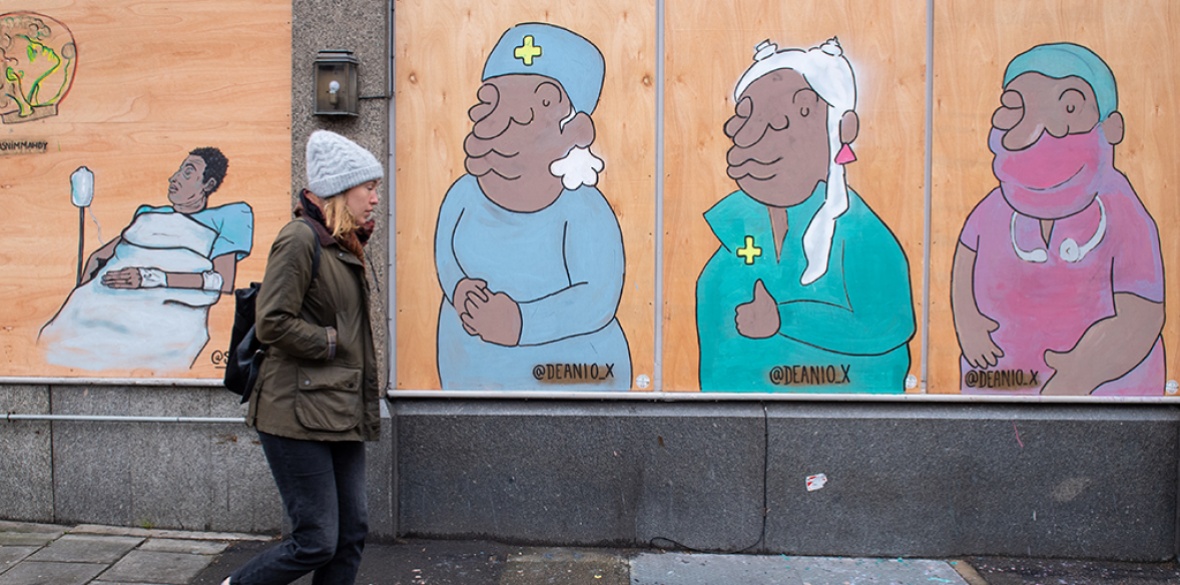This is the last article you can read this month
You can read more article this month
You can read more articles this month
Sorry your limit is up for this month
Reset on:
Please help support the Morning Star by subscribing here
NURSES and midwives are experiencing a high and rising risk of burnout and bullying, with workers from ethnic minorities particularly affected, a damning report has revealed.
The Society of Occupational Medicine’s (SOM) report, which looks into the mental health and wellbeing of nurses and midwives and was carried out before the coronavirus crisis, paints a bleak picture of the working conditions endured by NHS staff.
It estimates that 30 to 40 per cent of staff experience symptoms of burnout, while a rise in suicides among female nurses was “greater than that of the general working population.”
The “timely” report, published today, warns that the problems are likely to have been exacerbated by the coronavirus crisis, with nurses at a high risk of post-traumatic stress syndrome and distress.
SOM said that the main causes of stress in the sector were institutional, including high workloads and a lack of support, while workplace bullying was also severely impacting health professionals' mental health.
The situation was even worse nurses from ethnic minorities, who were more than twice as likely to be discriminated against by a manager or colleague, the report said.
SOM president Professor Anne Harriss said the report “clearly” shows that managers are not trained to deal with high levels of stress experienced by nurses and midwives.
The sectors have also been hamstrung by huge staff shortages, with 40,000 vacant nursing posts in England alone.
RCN chief executive and general secretary Dame Donna Kinnair said: “We know the widespread staffing shortages across the UK before the Covid-19 pandemic contribute to the conditions that put nursing staff at higher risk of stress, burnout and other mental-health problems.
“If nursing staff constantly struggle with a high workload and lack of support at work … they will feel they have no other option but to leave the profession forever.”
Ten per cent of nurses have left the NHS in the past three years.
The Royal College of Midwives (RCM) called on NHS organisations “to break the burnout cycle.”
RCM executive director for services to members Suzanne Tyler said: “Regularly working beyond your contracted hours, unable to take breaks for food, or even a trip to the loo. That’s the daily experience of midwives in the NHS.”
“Black, Asian and minority-ethnic NHS staff often find themselves under even more pressure because of the overt and unconscious bias that can all-too-often be part of their working lives.”

 Bethany Rielly
Bethany Rielly









